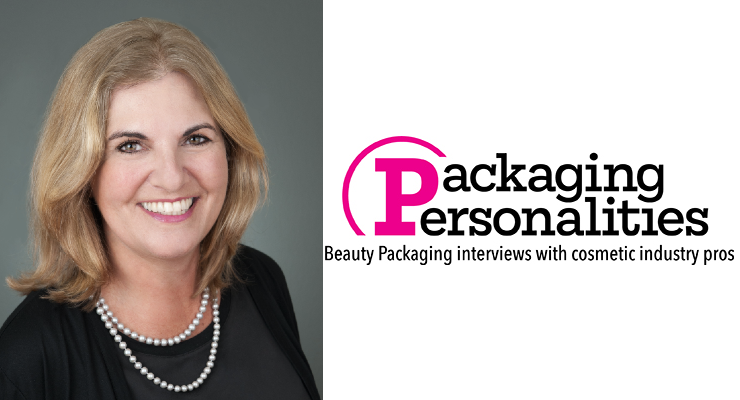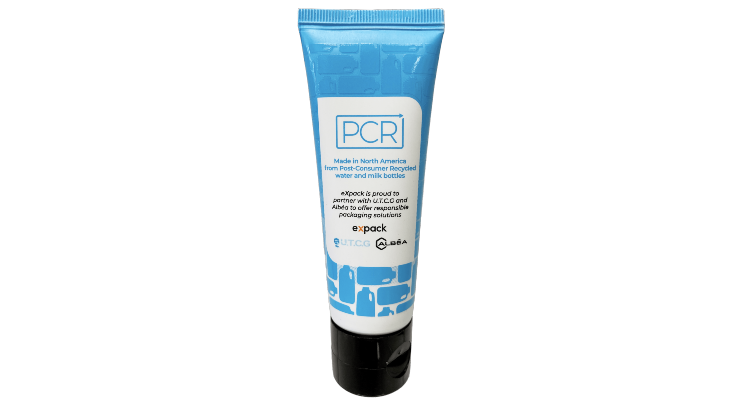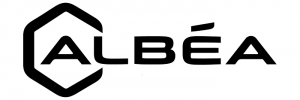Jamie Matusow: Can you describe how Albéa Tubes America is positioned and what the product offer ‘Made in America’ includes?
Kristina Christensen: We stand for responsible, ‘Made in America’ tubes. We have been in business for over 50 years and serve a large range of customers from global to regional and domestic. We offer ‘laminate’ and ‘extruded’ tube technologies. For extruded tubes we have two plants: one in Washington, NJ and the other in Reynosa, Mexico. On the laminate side, we have three plants; one in Shelbyville, TN, which is among the largest laminate plants in the world; another one in Washington, NJ that is fully concentrated on the oral care segment; and the third one in Queretaro, Mexico. Furthermore, we have R&D teams in North America working on process, material and packaging innovation.
JM: What main challenges do you see in the U.S. packaging market?
KC: The packaging market is at a turning point as all the players are accelerating their efforts on sustainability. An increasing number of consumers of cosmetic and health care products are looking for eco-friendly packaging solutions with a lesser impact on the environment. Sustainable packaging is evolving very quickly with a steady stream of new information and regulations. This can be a complicated topic for our customers and their brands to digest, therefore we strive to provide in-depth information and solutions to help navigate the menu of solutions. Another recent challenge is the supply chain issues facing customers. With our North American footprint, we are well-positioned to support the trend of regionalizing production back to North America.
JM: How is Albéa responding to the growing push toward sustainable packaging?
KC: Sustainability has been part of our DNA since the beginning. But sustainability is not just about making the product, exploring new ways and using different materials. It is also about short supply chains, and the whole life cycle analysis. As mentioned above, manufacturing locally helps us to reduce our carbon emissions and the impact on the environment—while supporting local jobs and communities.
JM: What are Albéa’s latest innovations in terms of responsible tubes?
KC: We have just launched Timeless, a range of Post-Consumer Recycled (PCR) laminate tubes for cosmetic products integrating less material and incorporating around 30% recycled material in total. The sleeve itself is made of 60% recycled plastic, reducing the carbon footprint by 17% in comparison to other recycled tubes.
JM: What are the next steps on the sustainability journey?
KC: We are committed to making all our packaging recyclable or reusable by 2025—this means tomorrow! This is why we are accelerating the use of mono-material (all plastic), mono-resin (all PE) tubes and caps to make them recyclable in existing recycling streams. It is a big challenge that requires a lot of effort and resources, as all plastics do not perform the same way and some of their inherent characteristics may affect the tube’s functionality. Finally, we are also focusing on PCR, a key component for an effective circular economy of plastics. We work a lot with mechanical PCR and have also started using certified circular plastics coming from chemical recycling of plastic wastes. We will continue to innovate and are committed to staying at the forefront of the sustainable packaging revolution!















